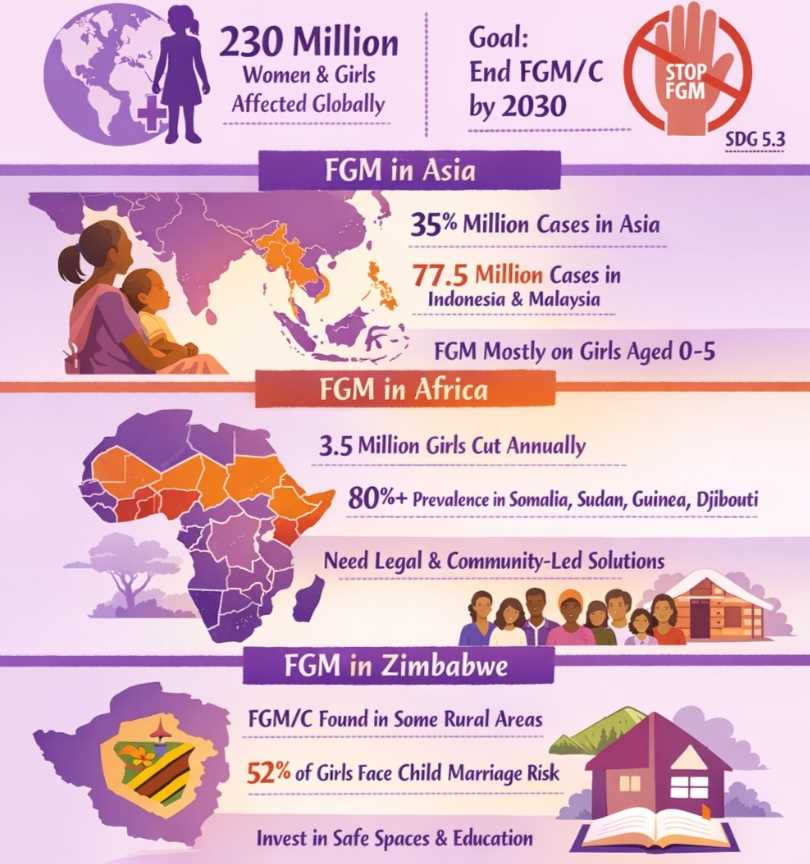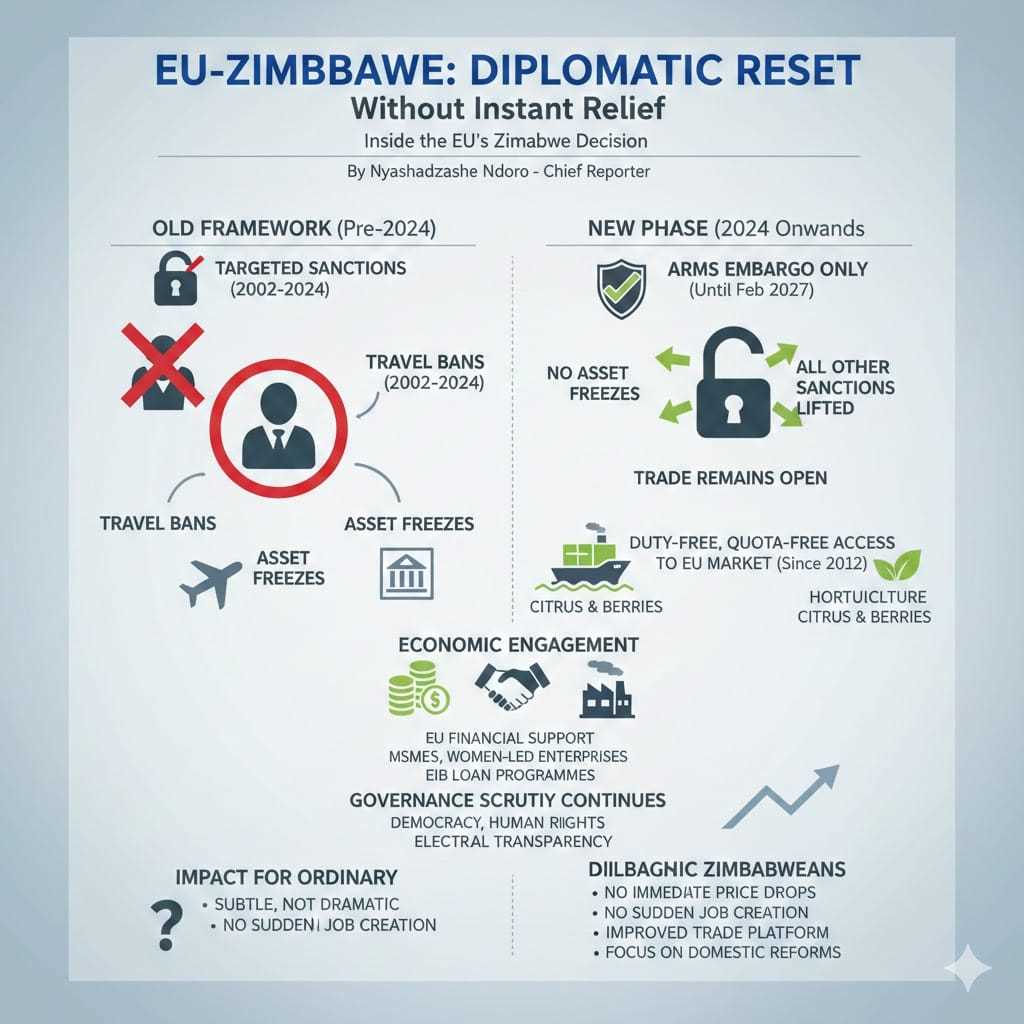
Oscar J Jeke
Zim Now Reporter
Zimbabwe has witnessed a continual decrease in breast feeding figures of children zero to six months, a challenge UNICEF and WHO have attributed to the high uptake of breast milk substitutes such as formula milk and follow-on milk, with the organisations raising concern that the increase will derail investment and progress made by the country so far.
In a joint statement during the ongoing breastfeeding week campaign, UNICEF and WHO noted that more needs to be done to maintain, promote and encourage breast feeding up to the recommended 24 months, adding that the increase in the use of bottles threatens the natural process of breastfeeding and the environment.
Related Stories
The statement further asserts that there is need for breastfeeding support to all mothers and providing mechanism to counter the ever growing influence of aggressive marketing and advertising.
“Globally, only 44 percent of infants are exclusively breastfed in the first six months of life. This figure is 42 percent in Zimbabwe, falling short of the Sustainable Development Goal target of at least 70 percent by 2030.
“The proportion of children 0 to 23 months of age who are fed using bottles is increasing by 23.7 percent, a more than 10 per cent increase over the past five years. This increase in the use of bottles threatens not only breastfeeding's natural processes but also the environment.
“Over the past years, Zimbabwe has witnessed increased aggressive promotional activities by manufacturers of breast milk substitutes through health workers and the promotion of specific products covered under the Code of Marketing of Breast Milk Substitutes, including formula milk and follow-on milk marketed as ‘supplementary’ to breastfeeding.
"Marketing influences social norms by making formula use seem extensive, modern, and comparable to or better than breast milk,” reads the statement.



















Leave Comments